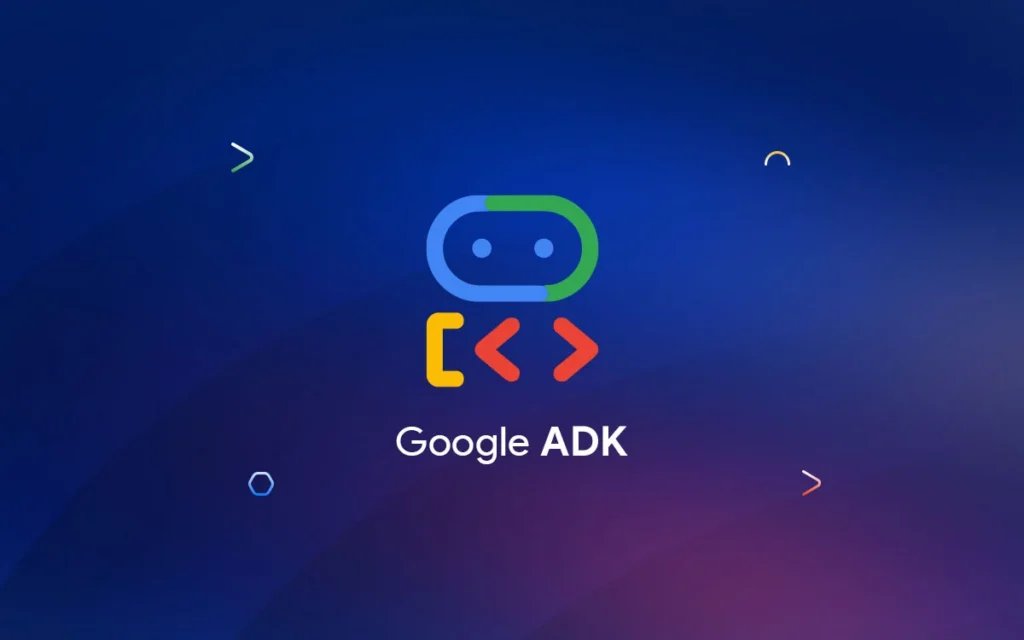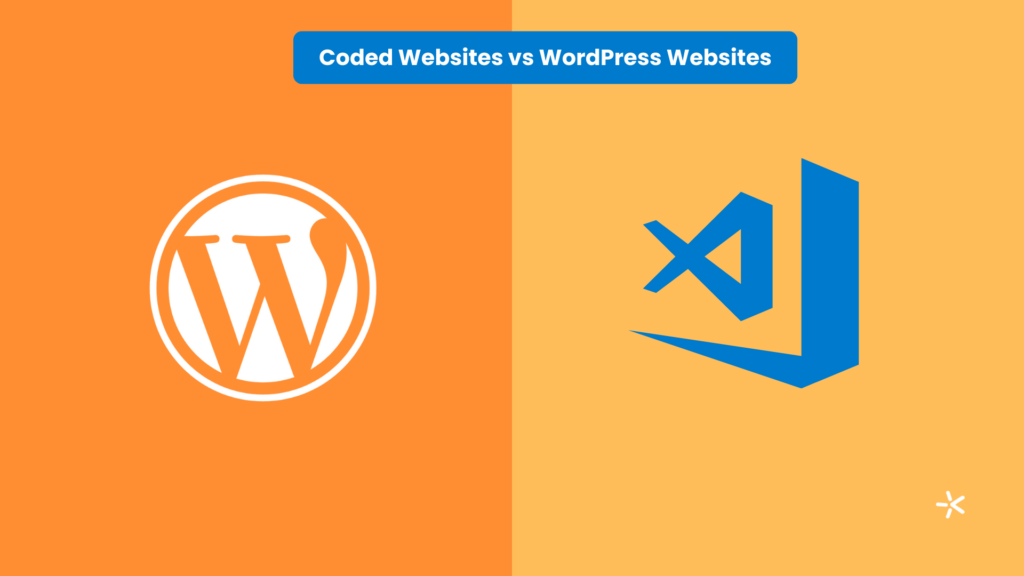The global remote workforce grew from 20% in 2020 to 28% in 2023. In the tech industry, 67% of employees now work primarily remotely. (Source: Statista) |
Hiring remote developers in 2024 is easier than ever, and it comes with many benefits.
Remote work has grown in popularity since Covid-19. This has allowed companies to save money on office expenses while getting access to a global talent pool.
When you choose to hire remote or offshore developers, you can find highly skilled professionals from all over the world — often at more affordable rates. Whether you’re a startup or a large business, we will help you with detailed information on how to hire remote developers for your project and guide you with 3 different hiring methods.
How Much Does it Cost to Hire a Remote Developer in 2024-25?
| Front-End Development:
React JS: $30-$60/hour
Angular: $35-$70/hour
Vue JS: $30-$60/hour
Back-End Development: Node JS: $40-$80/hour PHP: $25-$50/hour Python: $35-$70/hour .NET: $30-$60/hour Java: $35-$70/hour |
Full-Stack Development: MEAN: $40-$80/hour MERN: $40-$80/hour Others AI/ML: $60-$120/hour Data Engineering and Data Science: $50-$100/hour DevOps: $50-$100/hour Salesforce: $40-$80/hour | Mobile App Development: iOS: $50-$100/hour Android: $40-$80/hour Flutter: $40-$80/hour React Native: $40-$80/hour | Platform-Specific Development: Drupal: $30-$60/hour WordPress: $25-$50/hour Django: $35-$70/hour CodeIgniter: $25-$50/hour Shopify: $30-$60/hour WooCommerce: $25-$50/hour |
Part A) Gather Requirements & Define Goals
The first step is laying the groundwork for hiring a remote developer.
1. Define your Requirements
Before starting with the hiring process, it’s important to clearly define your needs — you should exactly know what a developer will work on your project. Ask yourself these questions to get a better idea
- What will be the scope of the work?
- Are you building a new app, or do you need someone to improve an existing one?
- What skills should the developer have? Do you want a mobile app developer or someone who knows Drupal?
- What are you trying to achieve with this project? Is it to improve customer experience, or increase sales?
Defining such needs will help you plan to find the right developer for your goals.
Additionally, you should also define the project & development requirements in detail. This means assessing the complexity of your project. This will help you determine the most suitable hiring approach. Here are a few questions you should consider:
- Is your project a standalone task with a clear deliverable, or does it require ongoing development and maintenance?
- How large is the project? Does it involve multiple features, integrations, or complex functionalities?
- What technologies, programming languages, or frameworks will be needed for the project?
- What is the desired timeline for project completion? Are there any strict deadlines?
2. What is your Budget?
When deciding to hire remote developers, it’s important to think about your budget. First, look at how much money you can invest in your project. This will allow you to plan properly and choose the right developer that will fit your requirements. While preparing the budget, there are a few factors that can affect it:
- Project complexity: A simple app costs less than a complicated app development project.
- Experience level: Junior developers cost less than senior developers with more skills.
- Location: Developers from different countries charge different rates.
- Project timeline: The faster you need the work done, the more it will cost.
By evaluating and setting a particular budget, you’ll be in a better position to assess the requirements.
3. What Skills Should the Developer Possess?
When hiring a remote developer, you need to make sure they have the right skills for your project. The developer should know how to write code and should be adept at programming skills — they should know how to write & manage code. For example:
- A web developer should know JavaScript frameworks like React or Angular to build websites.
- Backend developers should know how to use languages like Node.js, PHP and Java.
- A mobile app developer should know Swift (for iOS), Kotlin (for Android), Flutter or React Native.
Soft skills to look for in a remote developer
When hiring a remote developer, look for a few soft skills.
- Time management is important because they might work in different time zones.
- You want someone who can stay organized and finish tasks on time.
- Good communication skills are a must so they can explain their work clearly, even when working remotely.
- A positive attitude will make a lot of difference
- They should be able to balance work and personal time to avoid burnout.
These traits will help you make sure that your remote developer will work well with your team and meet deadlines.
4. Which Country Should You Choose for Remote Developers?
When hiring remote developers, choosing the right country can make a big difference. Some countries are known for having talented developers and can also save you money! Here are some great countries to consider for cost savings.
- India – Has skilled developers, especially in software and app development. Plus, hiring from India is often more affordable.
- Ukraine – Ukraine has many highly experienced developers, especially in web development and cybersecurity. The time zone is also good for European companies.
- Poland – Poland offers great talent in software engineering and IT services, and it’s also part of the European Union.
- Developers in Southeast Asia and Eastern Europe are skilled and often charge lower prices.
- If you have a high budget and are looking for advanced tech work, consider hiring developers from North America and Northern Europe.
Disclaimer: The above details are just based on a market study. The best talent can be found everywhere! |
NOTE —Don’t forget to consider the time zone.
When hiring remote developers, don’t forget to consider their time zones. If they are in different time zones, you will have to adjust your working practices, like scheduling meetings at times that work for everyone. You can also use tools to automate tasks. Additionally, you can choose to hire developers that have minimal time zone differences. For example, If you’re in the USA or Europe, consider hiring developers from Latin America and Eastern Europe.
Hire the Best Remote Developers!
Share your requirements with us and get a remote developer in your team with in 2 weeks!
Part B) Decide How you Want to Hire Remote Developers
There are 3 ways to hire remote developers. You can
- Hire remote developers yourself,
- Augment your team by choosing a staff augmentation service,
- Use a Hiring agency.
1. Hire Remote Developers on your Own
Here, you will handle the entire hiring process from start to finish.
- Pros: Full control over the hiring process, lower costs.
- Cons: Time-consuming, requires in-depth knowledge of the hiring process, and may limit your access to a wider talent pool, problems with onboarding.
- Time to hire developers: 1 to 3 months or more
Here’s a step-by-step guide on how to hire a remote developer on your own.
Step 1: Create a Detailed Job Description
To hire the right remote developers, you must create a clear and detailed job description. This will help potential candidates understand the role and ensure you find the best remote or offshore developer. Here are some things that you should include in your job description:
- Responsibilities: List their daily tasks and responsibilities.
- Required Skills: Outline essential and preferred skills in programming languages, frameworks and other technical skills.
- Project Details: Describe the project developers will be working on.
- Experience Level: State the years of experience needed for the role.
- Soft Skills: If you prefer, add soft skills that a developer should possess (eg: good communication skills.
Bonus tip: Be transparent about the pay scale, work scope, and work conditions. This will build trust and filter out candidates who might not be the right fit, especially if you’re on a tight budget. By setting clear expectations upfront, it will help you avoid future misunderstandings and absconding or resignations by a developer. |
Step 2: Post it on Job Portals
To hire the best remote developers, it’s a good idea to post your job on various job portals and freelance platforms. This will help you reach a bigger pool of talented developers from different regions. Depending on your needs, here are some job portals where you can post your job:
- LinkedIn Jobs
- Indeed
- Glassdoor
- AngelList
- SimplyHired
- Monster
- Stack Overflow Jobs
- We Work Remotely
If you’re looking for freelance developers, try these platforms:
- Upwork
- Freelancer
- Toptal
- Fiverr
- PeoplePerHour
You can also post on country-specific job boards to target candidates from certain regions. For example:
- Naukri (India)
- Seek (Australia)
- JobStreet (Southeast Asia)
- Totaljobs (UK)
- Xing (Germany)
By using these platforms, you can find the perfect developer for your project!
|
Did you Know: About 75% of Employees feel they have a better balance between work and home life when they work from home. |
Step 3: Spread the News Around
Once you have posted your job, it’s time to spread the word! Start by sharing the job opening with your network. You can let your colleagues, friends, and even family know you’re looking for skilled remote developers — you never know who might have a great recommendation!
You can also get help from social media platforms like LinkedIn, Twitter, and Facebook. Post about the job opening, explaining what you’re looking for in a developer. Be sure to mention any special skills or experience you need. You can use relevant hashtags, like #RemoteJob or #DeveloperJobs, to reach a larger audience.
Step 4: Review Applicants, Screen Them and Onboard!
Once you’ve received applications, it’s time to start with the most important phase of the hiring process —screening and onboarding.
- Start by reviewing applicants’ resumes and portfolios to check their competency and the skills you need.
- Look for relevant experience and projects that may align with your requirements.
- After that, screen candidates by conducting interviews or technical tests to see how well they can do and fit with your team.
Next, it’s time to onboard your new developer!
Make a job offer and be sure you set clear expectations from the beginning.
Additional tips:
- Use video interviews to get a better sense of the candidate.
- Provide a small test project to see how they handle real tasks.
Now, let’s explore our second option to hire remote or offshore developers.
Hire the Best Remote Developers!
Share your requirements with us and we’ll get a Remote developer on your team within 2 weeks!
2. Choose Staff Augmentation Services
Here, you will partner with a software & app development company where they will provide you with their resources as per your needs. In short, you will hire their developers for your project.
- Pros: Access to a larger pool of candidates, competent and skilled developers, cost savings in the long run, and fast process.
- Cons: May require upfront costs, expensive than doing it on your own.
- Time to hire developers: 2-3 Weeks.
Fact: Remote work can help companies save a lot of money. First, it cuts down on office costs like rent and utilities. Second, businesses don’t have to pay for moving employees since they can work from anywhere. Finally, companies save on food, office supplies, and taxes, lowering overall costs by about $11,000 per employee each year. |
Here’s a step-by-step guide on how to hire a remote developer by choosing staff augmentation services.
Step 1: Screen Companies and Check the Portfolio
When you are searching for a remote or offshore developer, it is important to screen companies and check their portfolios. This will help you to find a company that has the experience and expertise you need. You can
- Read online reviews,
- Check out their website,
- Check their portfolio.
Shortlist a few companies that match your project requirements.
Step 2: Schedule a Call & Discuss Requirements
Once you have found a few companies that you are interested in, schedule a call with them to discuss your project. This will give you a chance to get to know the company and its developers. You can also ask about their experience with similar projects.
During your call, make sure to discuss your project requirements in careful detail and ask them to share the quote. Now, select the company based on their developers’ skills, experience and your budget.
|
Don’t pick a company just because they have the cheapest prices. It’s better to look at how trustworthy the company is and the skills of its developers. If you choose a low-cost company just to save money, your project might not turn out well, and you could end up having to start all over again! So, choose wisely! |
Step 3: Screen and Onboard
| React JS Angular Vue JS Node JS PHP Python .Net Java | Django CodeIgniter Shopify Woocommerce IOS Android Flutter React Native DevOps | MEAN MERN AIML / GEN AI “data enginnering and data science “ Drupal WordPress Salesforce |
3. Outsource the Requirements to the Hiring Agency.
If you’re not sure where to start or don’t have the resources to handle the hiring process yourself, consider outsourcing your requirements to a hiring agency.
- Pros: Saves time, benefits from the agency’s hiring expertise, access to a wider talent pool. Faster process
- Cons: May require upfront costs, potential communication challenges, and less control over the hiring process.
- Time to hire developers: 20 days to 3 months.
How does it work?
- Share Your Requirements
You provide the hiring agency with a detailed description of your project. This includes skills, experience, and qualifications you’re looking for in remote developers.
- Screening and Selection
The agency will use its networks to find suitable candidates based on your requirements. They’ll conduct initial screenings and interviews to narrow down the pool of applicants.
- Candidate Shortlisting
Once the agency has shortlisted a few candidates, they’ll forward the details to you for your review. You can then interview the candidates to assess their skills.
- Hiring and Onboarding
If you select a candidate, the agency will handle the hiring process. This can also include negotiating the terms of employment and onboarding the new developer onto your team.
A Comparison for Hiring Remote Developers
Final Thoughts
| Category | Hire On Your Own | Staff Augmentation Services | Outsource to Hiring Agency |
| Cost/Budget | Affordable | Moderate cost with multiple engagement models | Potentially higher fees |
| Time to Hire | 1-3 Months or more | 2-3 Weeks | 20 days to 3 months |
| Control Over Hiring | Full control | Partial control | Limited control |
| Management Effort | High management effort, including onboarding, training, and HR. | Minimal management effort as the IT Company manages developers. | Shared responsibility between you and the IT company. |
| Flexibility | Less flexible | Highly flexible (you can scale your team up/down based on project needs.) | Less Flexible |
| Quality of Talent | Varies based on your recruitment efforts and network. | High-quality, pre-vetted developers | May vary |
| Risk | Higher risk of turnover, misfits, or insufficient skills. | Lower risk as developers are backed by the IT company, and replacements are easier. | Mid-risk, but depends on the reliability of the hiring agency. |
| Project Management | You manage and oversee the entire project. | The IT company manages the project and developers, reducing your oversight. | You manage and oversee the entire project |
| Contract Flexibility | Not Flexible | Flexible contracts based on your needs—can be short or long-term. | Not Flexible |
| Onboarding Speed | Slow | Fastest | Fast |
Hiring remote developers is a smart choice for businesses in 2024 & 2025 as the number of people working from home is growing, especially in tech. You can find skilled developers from all around the world, often at lower prices. By clearly understanding your needs and budget, and choosing the right country, you can find the best fit for your team. Remember to look for both hard skills and soft skills to ensure a successful partnership. Happy hiring!
Frequently Asked Questions
What are the benefits of hiring a remote developer?
- Find the best developers from anywhere in the world.
- Save money on office space and equipment.
- Flexible work hours for developers, meaning they can work during their most productive times.
- Get fresh ideas from people with different backgrounds.
- Faster process than on-site hiring
What are the challenges of Hiring Remote Developers?
- Screening issues can be experienced.
- Scheduling interviews and collaboration can be tough if the developer is from a different timezone.
- There can be communication barriers.
- Challenges can arise during screening — when candidates may not have the proper tools and environment.
Which hiring model shall you choose?
Choosing the right hiring model depends on your needs. If you want full control and have time, hiring on your own can work. If you need extra help quickly, staff augmentation services are great. Outsourcing your hiring needs to a hiring agency can also save you time and effort.








One Response
Finding remote developers means unlocking global talent, faster hiring, and 24/7 productivity. Scale smarter, save costs, and build your dream tech team without borders!